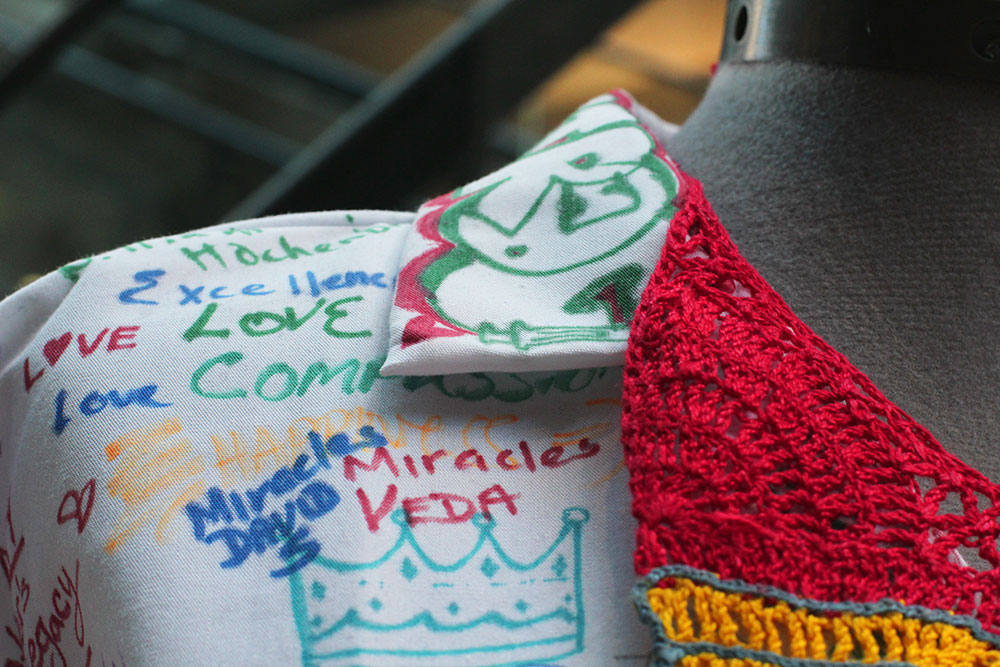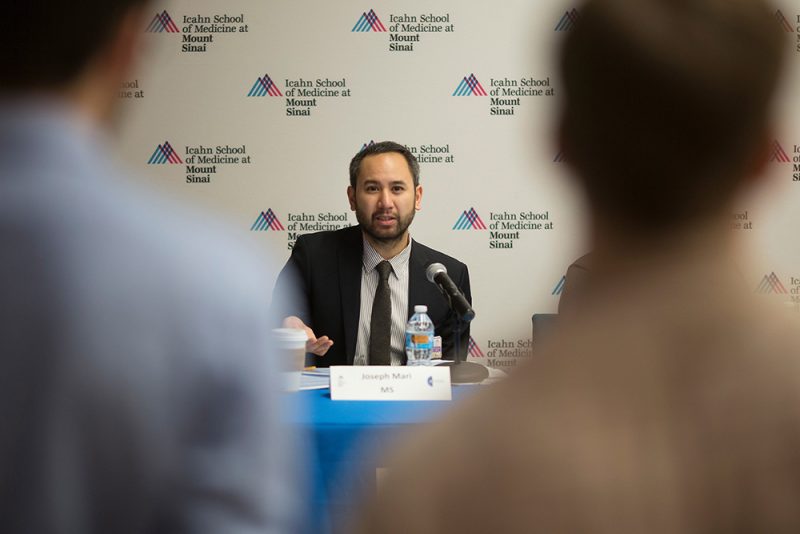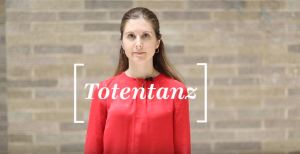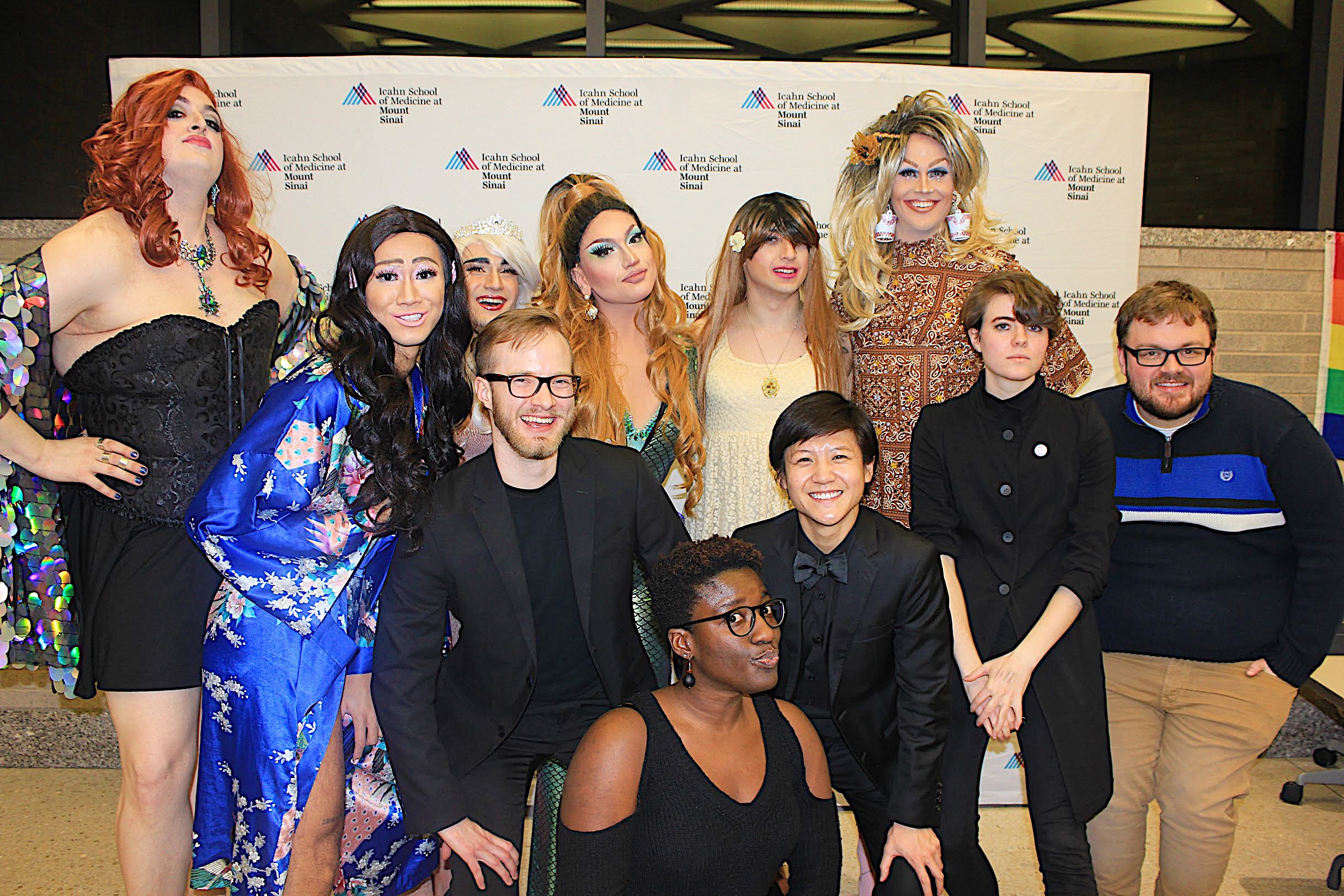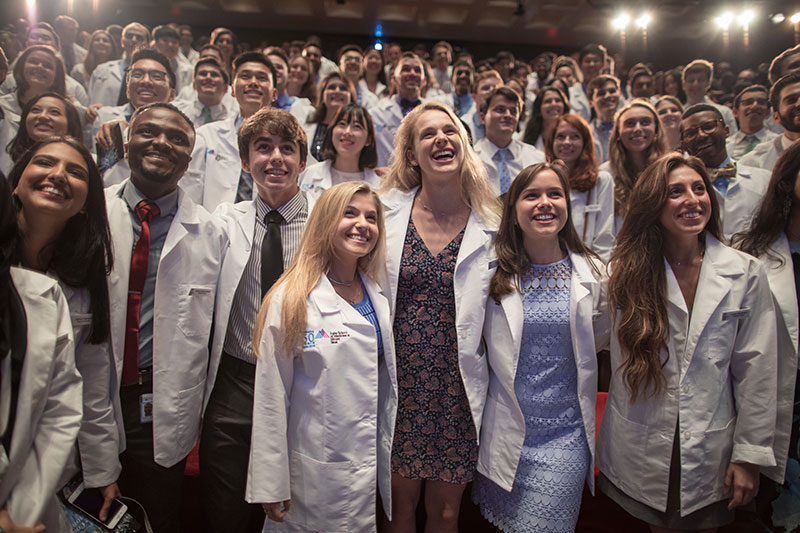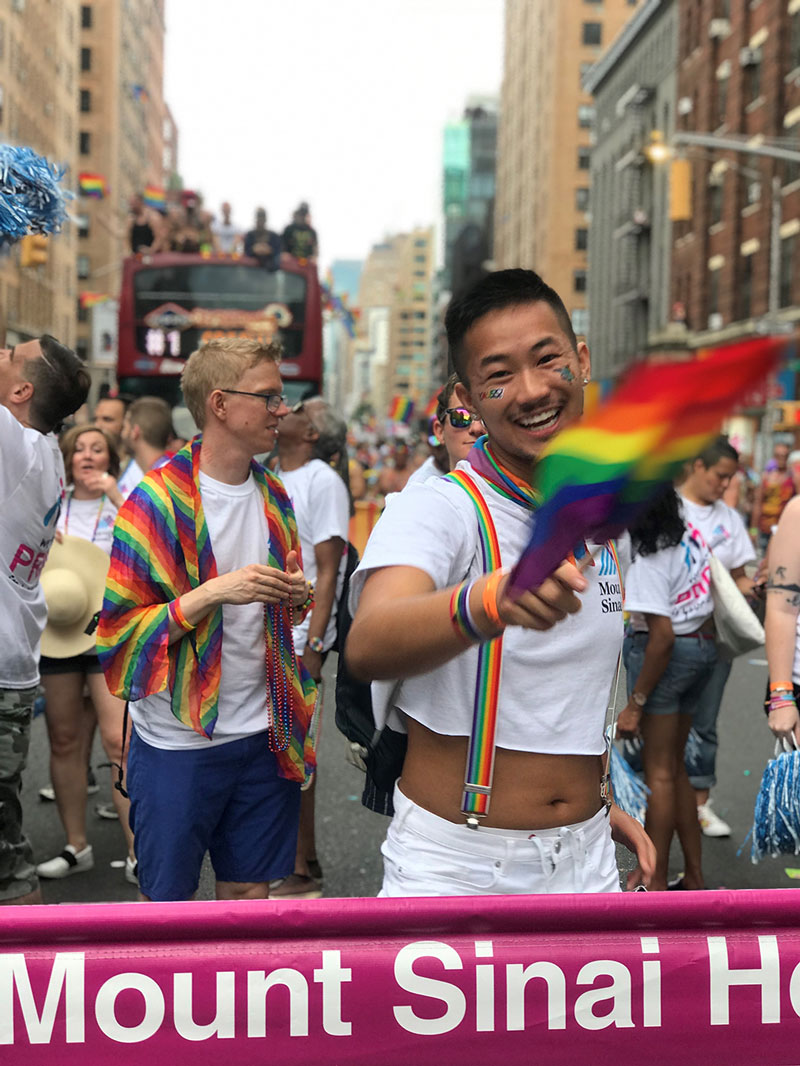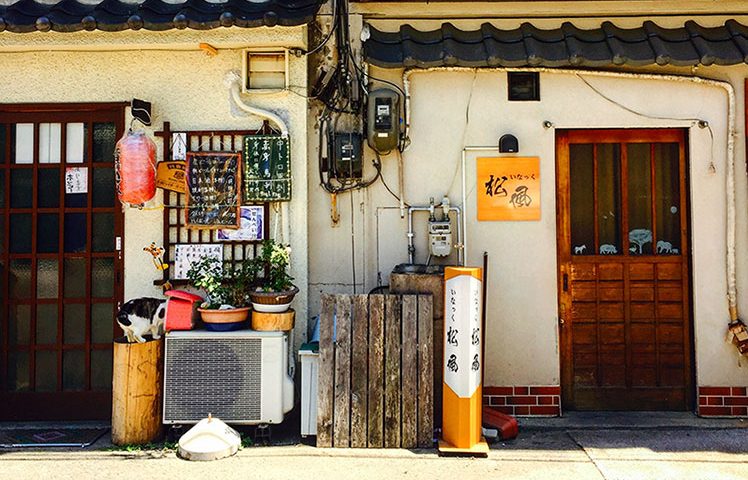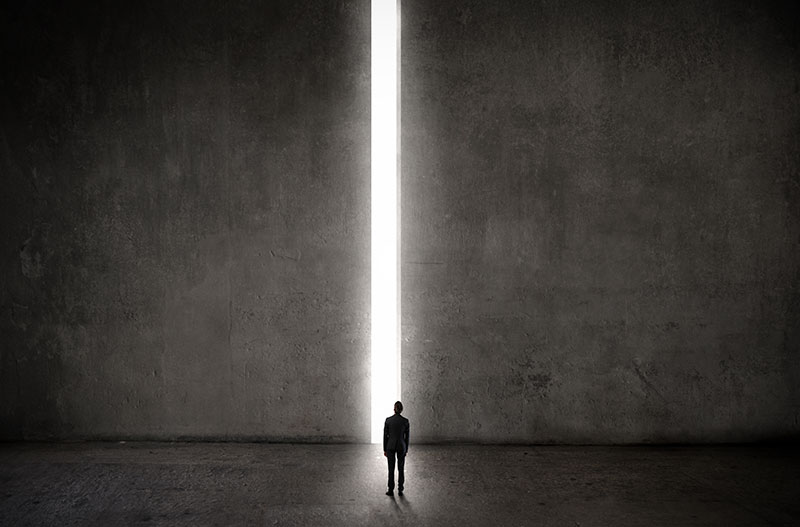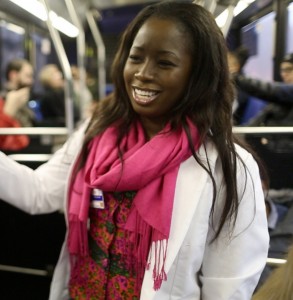 My research project culminated in a training session held for caregivers of cancer patients. In preceding weeks, my team of two medical students and I had conducted a needs assessment in order to determine what these caregivers felt they needed in order to provide optimal care to their patients. The goal was to create a training module that would be useful to them and that could be continued by the department even after my departure. The results of the needs assessment showed that caregivers could benefit from training sessions that focused on any of the following:
My research project culminated in a training session held for caregivers of cancer patients. In preceding weeks, my team of two medical students and I had conducted a needs assessment in order to determine what these caregivers felt they needed in order to provide optimal care to their patients. The goal was to create a training module that would be useful to them and that could be continued by the department even after my departure. The results of the needs assessment showed that caregivers could benefit from training sessions that focused on any of the following:
· Caregiver and Patient Emotional Support
· Dealing with Death and Dying
· Diet and Nutrition
· Patient Signs and Symptoms to Manage at Home
We decided to work on Patient Signs and Symptoms to Manage at Home. On the very first day of training, I was quite apprehensive. Our society in Ghana was one that strongly valued a hierarchy based on age and so as such, I was worried that some of the older caregivers may be affronted by my assuming I could teach them. Fortunately, my trepidation was misplaced. I could not have been more pleased by the outcome. Caregivers, both young and old, agreed to attend our training sessions. The Radiotherapy Department was kind enough to allow us the use of their conference room and my team and I served our participants beverages. We began our sessions at 10am, with an explanation of our project and introductions of all the individuals in the room. It was apparent that several of the caregivers recognized others from having spent time in the waiting area of the Radiotherapy Department but few had exchanged words till now.
It was extraordinary to see how little people actually knew of cancer. On many occasions, I was asked if cancer was contagious. Several of the caregivers also had thought that cancer was a communicable disease. According to many, the physicians and nurses seldom spoke to them about what was going on with their loved ones and so their limited understanding was a bricolage of information pieced together over time. I promised to communicate this concern and to serve as a conduit to the staff in the department. It was a joy to have the caregivers assail me with questions. For those I was unable to answer, I directed them to the appropriate resource.
One of the very first slides on my presentation stated:
“The care we give to self is directly proportional to the quality of care we are able to give others. All caregivers therefore need to accept the responsibility for self-care.” – A handbook of Palliative Care in Africa: African Palliative Care Association.
These simple statements resonated deeply with many caregivers. This is unsurprising since as many as 45% of the caregivers had stated that their role as caregiver interfere with their ability to have a normal family life. Additionally, 53% of the caregivers had mentioned that being a caregiver posed a financial burden for them.
(Continued in Part 2)
 Efe “Chantal” Ghanney is an MD Candidate, Class of 2017
Efe “Chantal” Ghanney is an MD Candidate, Class of 2017
Ms. Ghanney’s summer research trip was funded by the The Arnhold Global Health Institute.



